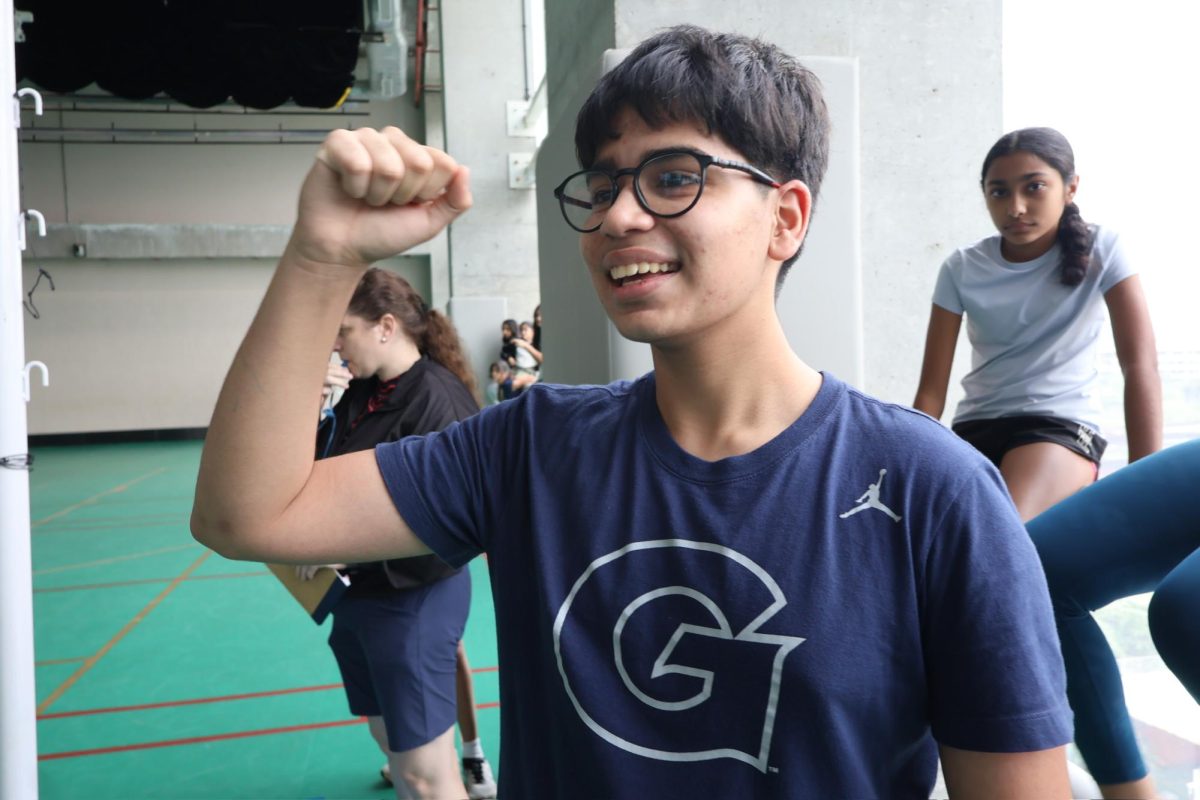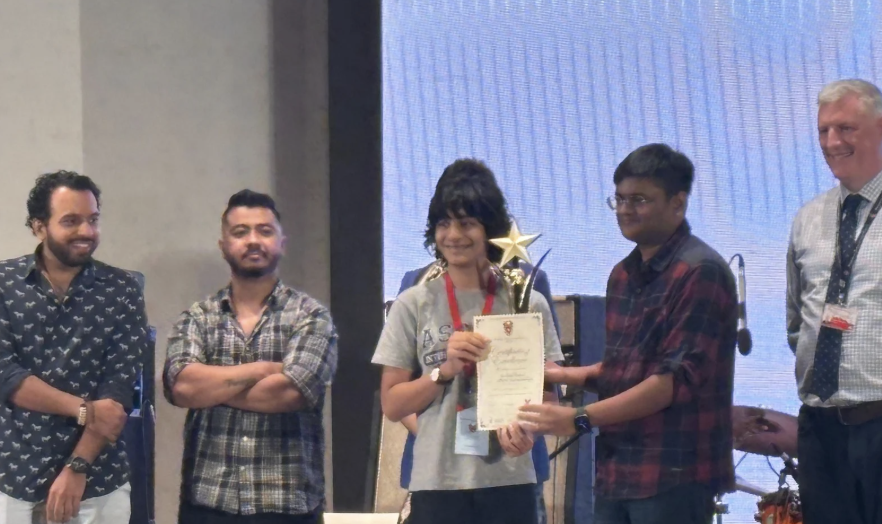As we, the DP1 class, embarked on our first day of the Diploma Programme (DP), the atmosphere was filled with a sense of both nostalgia and anticipation. We were no longer the MYP (Middle Years Programme) students who had grown comfortable in their routines. Instead, we were stepping into a new phase of our IB journey, one that promised to be both challenging and rewarding. This article will reflect on our MYP experience, the challenges we’ve encountered, the changes we’ve had to embrace, and the opportunities that lie ahead.
Looking back, MYP was crucial in shaping us as students and individuals. The Personal Project, especially in our final year, allowed us to dive into topics we were passionate about, turning a requirement into a chance to explore our interests and take control of our learning—skills essential for DP. Additionally, MYP helped us develop research, critical thinking, and time management skills, providing a solid base for the challenges of DP. During our MYP years, we have also fostered strong bonds within our small class of 18. These friendships have supported us as we transition to DP, where we apply all the skills we’ve developed. The camaraderie and support from our peers make this new chapter less daunting.
The transition to DP has been an eye-opener in many ways. One of the first things we noticed was the increased responsibility in choosing our subjects. In MYP, our subjects were largely predetermined, giving us a balanced exposure to various disciplines. But DP is different. We had to make decisions about our 3 HL (Higher Level) and 3 SL (Standard Level) subjects—decisions that could influence our future academic and career paths. This freedom is both exciting and nerve-wracking, as the workload in DP has significantly increased. Academic demands are higher, with assignments requiring in-depth analysis, critical thinking, and original thought. Each subject now includes an Internal Assessment (IA), adding another layer of complexity. The pace of learning has accelerated, and deadlines are more pressing, pushing us to develop stronger work habits and greater independence. Teaching and learning styles have also shifted; DP’s focus on depth encourages us to become specialists in our subjects.
DP also introduces three core components: TOK (Theory of Knowledge), EE (Extended Essay), and CAS (Creativity, Activity, Service). These elements set DP apart from MYP. While MYP emphasizes community service, DP incorporates creativity and action through CAS. TOK challenges us to question the nature of knowledge, and the EE provides an opportunity for extensive research on a topic of our choice. It is important to acknowledge the benefits of transitioning to the DP. By shifting to a more rigorous programme, we students will be pushed to gain clarity on what we plan to pursue in the future. Even though DP has merely started for us, it is easy to identify the challenges that we have already and will continue to face. One of the most prominent changes in the DP is the workload. The 11th and 12th grade are known for being the most difficult two years of a students life because the work will never stop piling on. In comparison to the MYP, the DP comes with a greater necessity for frequently studying and submitting assignments.
Another challenge that we’ve faced so far is the adjustment to new responsibilities such as CAS projects and student council roles. Lastly, the difficulty of stress from extracurricular activities. As we move to the 11th grade, we get closer to submitting our college applications and before we know it, there will be no time left to stack up our applications. Sports, service involvements, research papers and internships are all examples of additions which add more stress and pressure on our daily schedules.
As we embark on this new chapter in the Diploma Programme, it’s clear that the journey ahead will be demanding yet profoundly transformative. The MYP has laid a strong foundation, hopefully equipping us with the essential skills we will need to take on the DP. While the increased workload, responsibilities, and pressures seem daunting, they also present opportunities for growth, self-discovery, and preparation for the future. We believe that all of us will navigate this rigorous programme, supporting one another through the ups and downs. In embracing the challenges and opportunities that lie ahead, we are not only shaping our academic paths but are also developing into confident and thoughtful individuals, ready to make our marks on the world.









